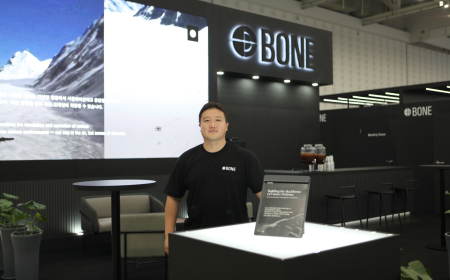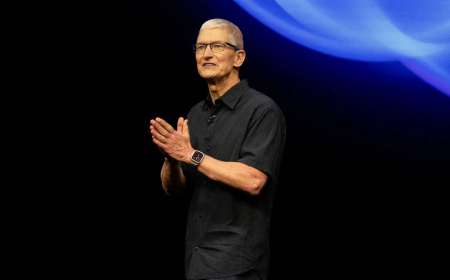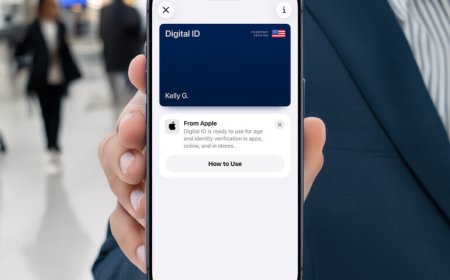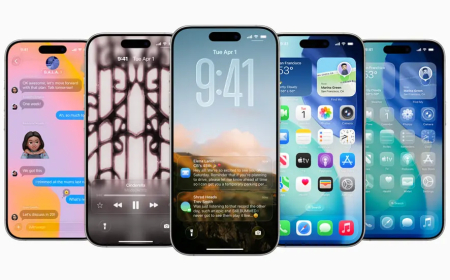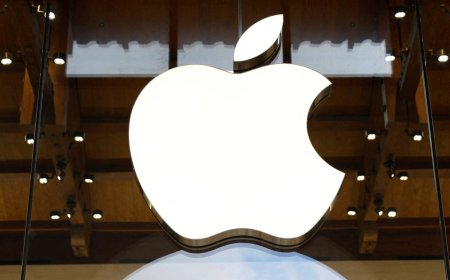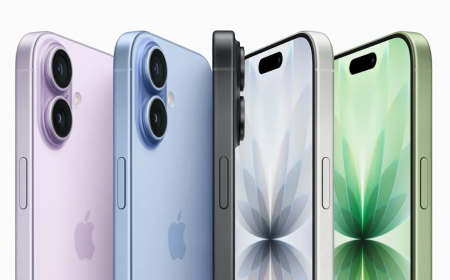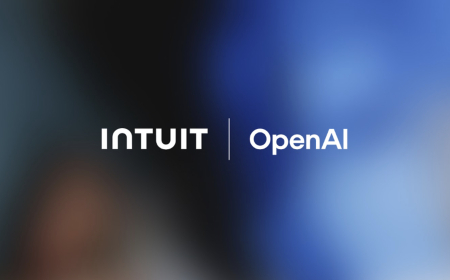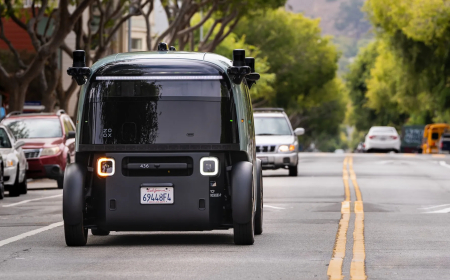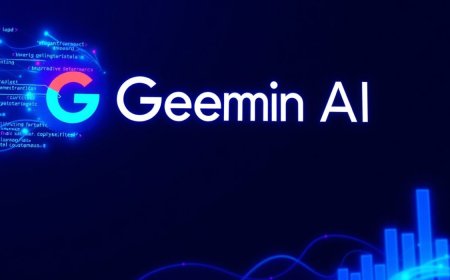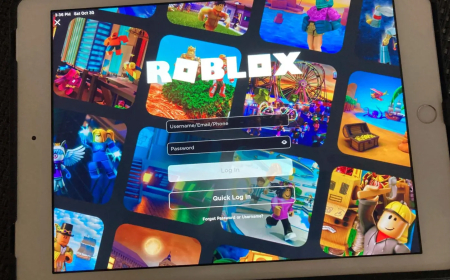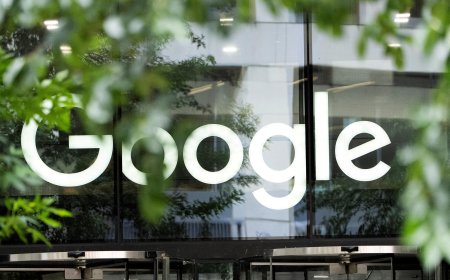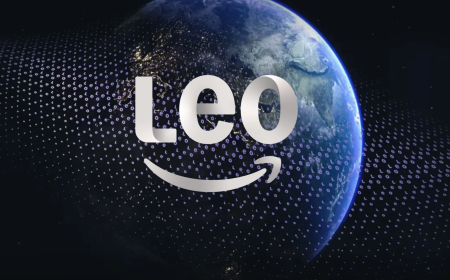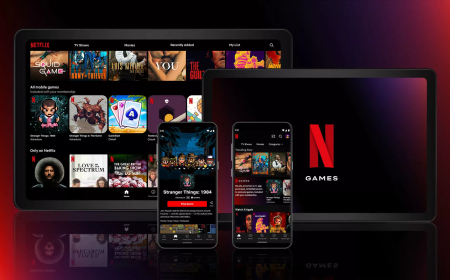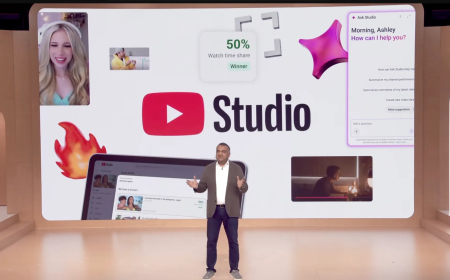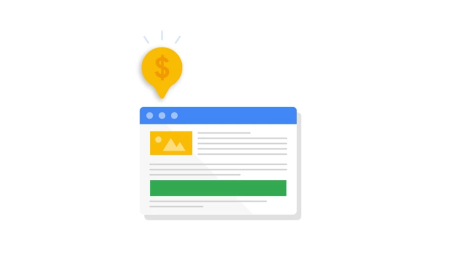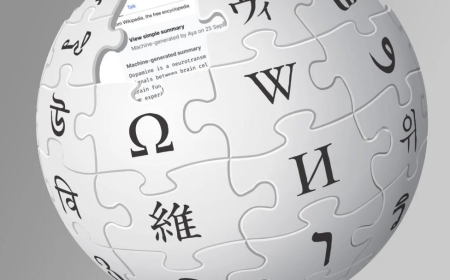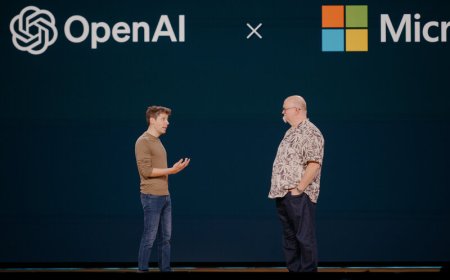OpenAI takes on Google, Amazon with new agentic shopping system
OpenAI has introduced its new “Instant Checkout” feature, allowing ChatGPT users to shop directly from Etsy and soon from Shopify. The move positions OpenAI as a major player in AI-driven e-commerce, challenging the dominance of Google and Amazon.
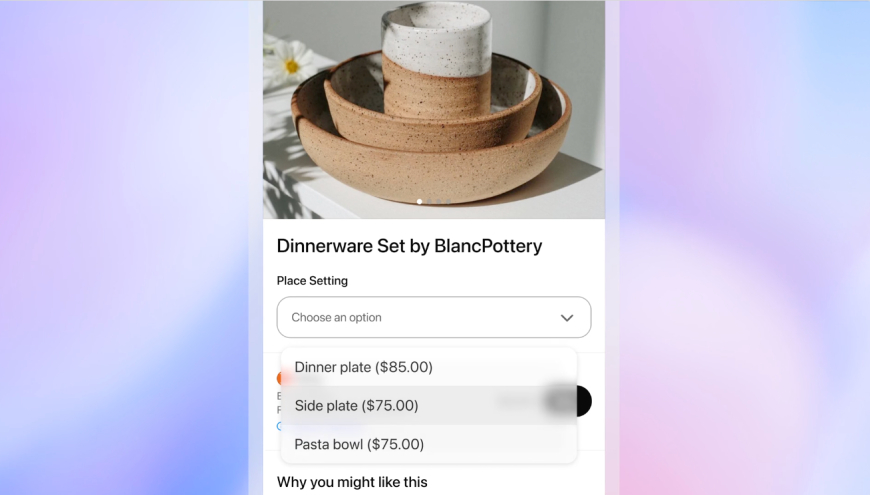
ChatGPT users in the U.S. can now make Etsy and soon Shopify purchases within conversations, marking a next step toward the future of online shopping — both for consumers and the platforms that control product discovery, recommendation, and payments. In other words, OpenAI might be on the path to reshaping who holds power in e-commerce.
OpenAI’s new “Instant Checkout” feature is available to ChatGPT Pro, Plus, and Free logged-in users buying from U.S.-based Etsy sellers, with more than 1 million Shopify merchants like Glossier, Skims, Spanx, and Vuori “coming soon,” per OpenAI.
Instant Checkout builds on previous shopping features on ChatGPT that surfaced relevant products, images, reviews, prices, and direct links to merchants in response to shopping questions like “what should I get my friend who loves ceramics?” or “best sneakers to wear to the office.” Now, instead of having to leave the conversation, users can simply “Buy” to confirm their order, including shipping and payment details (options include Apple Pay, Google Pay, Stripe, or credit card) to complete the purchase.
Last year, Perplexity introduced a similar in-chat shopping and payments feature. Microsoft also offers merchants the ability to create in-chat storefront capabilities with the Copilot Merchant Program.
This type of frictionless experience has the potential to spark a new movement in online shopping — one that shifts away from search engines like Google and e-commerce platforms like Amazon toward conversational agents with curated recommendations, comparisons, and seamless checkout experiences.
It’s also setting the stage for new power brokers to emerge in the e-commerce sector. Google and Amazon have long been the gatekeepers for retail discovery. If more purchases start inside AI chatbots, the firms behind them will suddenly have more control over what products are surfaced and what commissions or fees they charge.
Both Amazon and Google have previously leveraged their dominance to favour their own products or preferred partners, pushing down competitors in search results or charging steep fees to sellers to maintain visibility. OpenAI said in a blog post that the product results it surfaces are “organic and unsponsored, ranked purely on relevance to the user,” and that it will charge merchants a “small fee” for completed purchases.
Along with OpenAI’s introduction of in-chat Checkout, the AI firm also announced that it will open-source its Agentic Commerce Protocol (ACP), the technology that powers Instant Checkout, built in collaboration with Stripe, so that other merchants and developers can integrate agentic Checkout.
“Stripe is building the economic infrastructure for AI,” Will Gaybrick, president of technology and business at Stripe, said in a statement. “That means re-architecting today’s commerce systems and creating new AI-powered experiences for billions of people.”
The company states that orders, payments, and fulfilment are handled by the merchant using their existing systems. ChatGPT merely acts as an agent, an intermediary that securely passes information between the user and the merchant.
Open-sourcing ACP makes it easier for merchants to integrate with ChatGPT, thereby widening the adoption of AI chatbots that function as virtual storefronts. It also expands OpenAI’s potential control as a gatekeeper for retail discovery and Checkout, and could position the firm to be the de facto architect of the AI commerce ecosystem.
That would put it in tension with Google yet again, as the tech giant has recently launched its own open protocol for purchases initiated by AI agents, known as the Agent Payments Protocol (AP2).
What's Your Reaction?
 Like
0
Like
0
 Dislike
0
Dislike
0
 Love
0
Love
0
 Funny
0
Funny
0
 Angry
0
Angry
0
 Sad
0
Sad
0
 Wow
0
Wow
0


